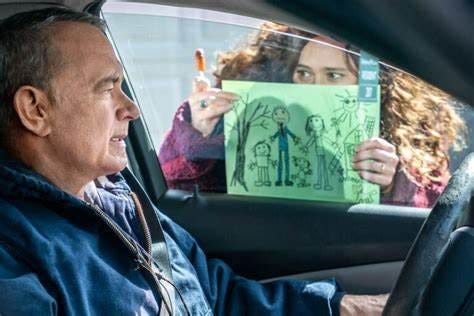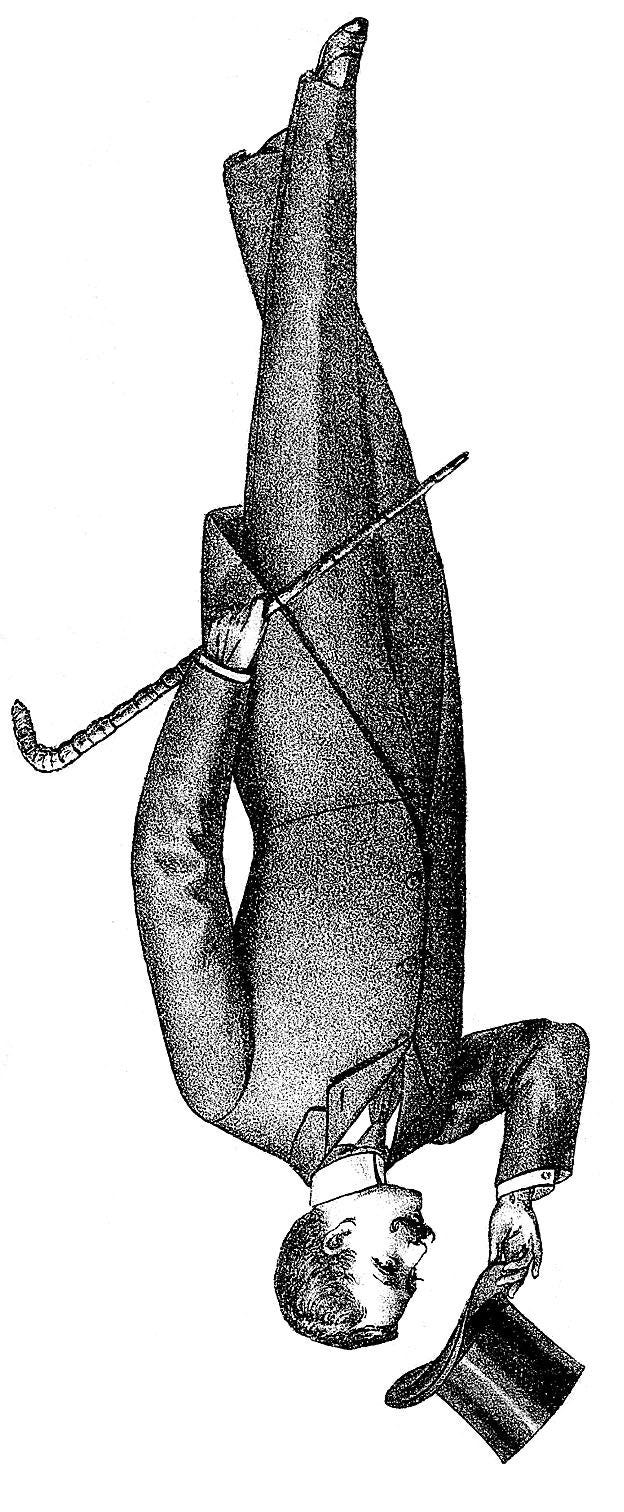Otto Anderson (Tom Hanks) is the title character of A Man Called Otto, a movie directed by Marc Forster that is a remake of a Swedish film based on Fredrik Backman’s novel, A Man Called Ove.
Otto is an isolated curmudgeon who is exasperated by the stupidity and incompetence of the people around him. People such as the store clerks who cannot adjust the price for 6 feet of rope to 5 feet. Or his neighbor who calls an allen wrench an Alvin wrench.
The elderly protagonist grieves the loss of his wife to cancer. He’s retired with no sense of purpose. America is changing for the worse. The next generation are fools. Given these states of affairs, Otto decides to hang himself (hence the 5 feet of rope), but the screw gives out, and he falls to the floor.
It’s all true, of course. We are living through a silver age, or perhaps a bronze age, or, hell, maybe even a lead age. Everything is going south, and the country would do well to adopt Otto’s principles. That makes his character someone to root for. Where he is wrong is in his desire to end it. That would be a waste.
A young family moves next door. The mother, Marisol, is expertly performed by Marianna Trevino. She is corky and endearing. Otto cannot push her away. Oh, he tries, but Marisol is an irresistible force. She soon thaws the icy heart of Otto and that of the audience. Their relationship is one of the best things I’ve seen in a film with regard to character delineation.
Marisol is the catalyst that eventually leads Otto to his epiphany. It all comes to a head when the nothing-but-kind Marisol gives Otto a taste of his own medicine. Upset with him for being emotionally distant, Marisol flat out denies him a favor - the use of her phone. With tears in her eyes, she gives him a proper dressing down, the kind of dressing down only a mother can deliver. She states the theme in no uncertain terms: “You think you have to do everything on your own. Well, guess what? No one can.”
In the end, Otto lets go of his dead wife and of his resentment and of his anger. Rather than bemoaning the idiocy of the new generation, he chooses to pass his knowledge down to them.
The storytelling is handled well. Most notably, what could have been long, boring guzzles of flashbacks that frustratingly interrupt the main story are instead little sips crosscut with present action - usually Otto attempting suicide.
Unfortunately, A Man Called Otto is yet another victim of the DIE ideology. Cringe as the writer, David Magee, checks off every diversity box:
Strong woman of color - check.
Second strong woman of color - check.
Disabled character - check.
Trans character - check.
Stupid white guy - check.
Evil capitalist white guy - check.
There is nothing wrong with stories about such people except when it becomes formulaic. In that case - when we virtually see the writer checking off those boxes - we are removed from the experience, we become aware that we are consuming a product. What’s more, it is a product that has quotas or expectations thrust upon it by executives and must be met. Art has no such things.
While it is a shame that A Man Called Otto spoiled its art with an appeal to DIE activism, I nevertheless liked this movie.






I just watched this movie and was gonna write a newsletter on it as well! Do you mind if I cross-post with your amazing synopsis?
I enjoyed the movie as well. I think the casting was well done.